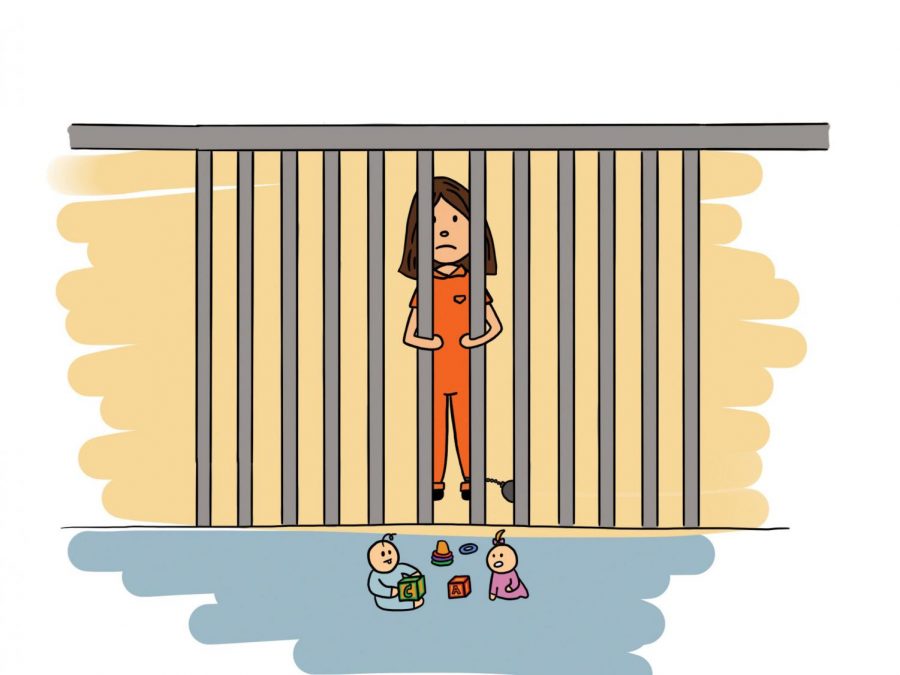Prison Reform Bill Raises Hopes for Second Chances
Alice Marie Johnson, a single mother struggling to support her five children, acted as the middleman in several drug deals in 1993. Due to the tough-on-crime federal policies of the 1980s and 1990s, she was sentenced to life imprisonment without parole. “It feels like I am sitting on death row,” Johnson said. “Unless things change, I will never go home alive.”
It may be too late to undo the damage done to Johnson and the countless other families affected by these policies. However, a new bill promises to prevent families from suffering a similar fate in the future. This past week, members of Congress returned to Capitol Hill for a lame-duck session, a special session that falls after an election but before the newly elected members of Congress convene in January. Among the bills voted on was the First Step Act, one of the most significant criminal law rewrites considered in the past several decades.
A previous version of the First Step Act passed the House earlier this year. The original act focused on reducing sentences for prisoners once they have been incarcerated by encouraging prisoners to participate in educational and rehabilitative programs to earn credits toward early release. The current proposal facing the Senate includes additional provisions that aim to reduce recidivism among drug offenders and alleviate the disparity between the sentences given to African Americans and white offenders. Holly Harris, executive director of the Justice Action Network, a bipartisan coalition advocating for an overhaul of criminal law, said, “We have the clearest path forward that we have had in years. This would be the first time that these members have voted on a piece of legislation that turns away from the lock-’em-up-and-throw-away-the-keys policies of the 1990s. That is groundbreaking.”
The bill has garnered support from a diverse mix of political officials and coalitions. In a break from his previous tough-on-crime stance, President Donald Trump has thrown his support behind the act, promising to sign the bill if it receives the support of the required 60 senators. The bill has found support from both Republican and Democrat senators, a case unusual in today’s highly divided Senate. Advocacy groups such as the American Civil Liberties Union and police organizations such as the Fraternal Order of Police have also backed the act.
However, opposition to the bill has also come from both sides of the aisle. Several liberal lawmakers want to wait until the Democrats take control of the house in the spring for a more expansive deal. In contrast, hard-liners such as Sen. Tom Cotton (R-AR) argued that sentencing reductions and expansion of credit offered in the bill pose a threat to public safety, saying, “The bad in this bill outweighs the good.”
Supporters of the bill face another challenge: the bill may not even make it to the Senate floor. As of Monday, December 3, Sen. Mitch McConnell (R-KY) has made no commitment to bring up the First Step Act for a vote. Several other significant items, such as the government funding deadline and President Trump’s border wall, are also on the agenda for the lame-duck session.
In prison, Johnson has become an ordained minister and acts as a tutor and mentor to other inmates. For thousands of other incarcerated nonviolent drug offenders, the First Step Act could provide a chance to redeem themselves outside of prison. Rep. Paul D. Ryan (R-WI), speaker of the House, said “Redemption is at the heart of the American idea, and that’s what this is about.”






